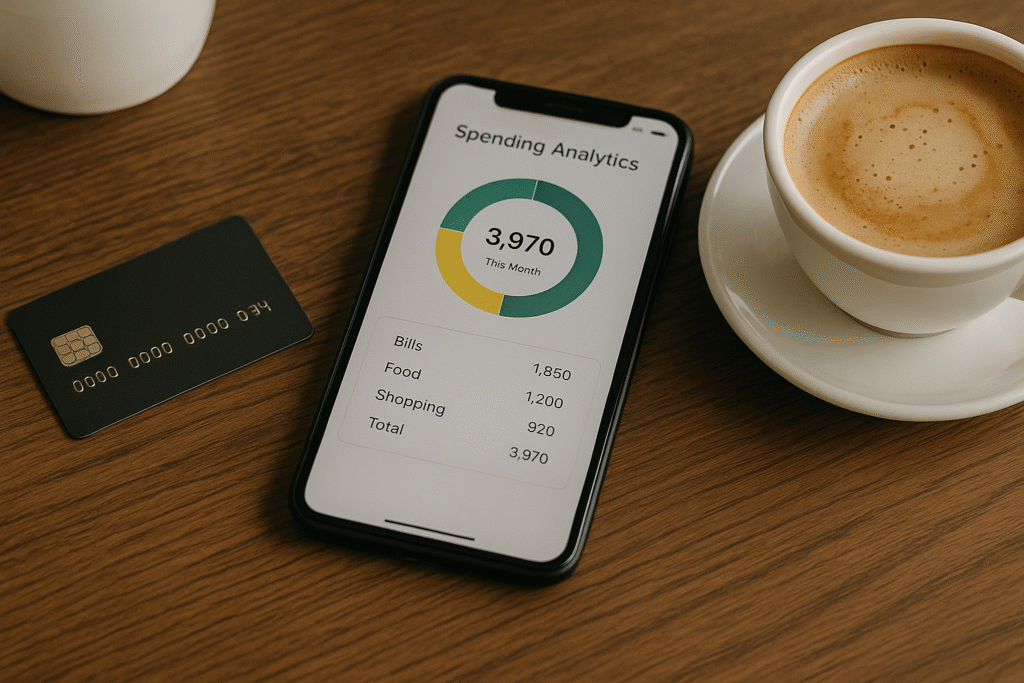
When most people think of financial control, they imagine strict budgets and endless restraint. But the wealthy approach it differently. They don’t fight their impulses; they design systems that make overspending nearly impossible.
Elites don’t just have more money—they have guardrails. They build structures around their spending so that every dollar has a purpose. These structures protect them from emotional decisions and keep their wealth intact.
How the Wealthy Create Financial Guardrails
1. Automation Over Willpower
The rich automate good behavior. Savings, investments, and even charitable donations happen automatically. This way, they never “forget” to save or invest. You can do the same by setting automatic transfers into your savings account. When money moves before you can spend it, discipline becomes effortless.
2. Restricted Access Accounts
Elites often separate their money into different tiers of accessibility. They might have checking accounts for daily spending, but long-term investments are locked away or require approval. This prevents impulse decisions. You can replicate this by creating separate accounts—one for expenses, one for savings, and one for long-term goals.
3. Budgeting by System, Not Emotion
The rich often use spending frameworks, not vague rules. Some follow versions of the 50/30/20 rule, others use percentage-based caps for different lifestyle categories. The key is that they make decisions once—then follow their system automatically.
4. Accountability Loops
High-net-worth individuals often have advisors or accountants who monitor spending and provide regular reports. For everyday people, technology can fill that role. Tools that track your finances, like an expense tracker, keep you accountable without constant stress.
Everyday Guardrails You Can Build
Automate the Essentials
Make your savings and bills automatic. If you never see the money, you can’t be tempted to spend it.
Create Friction for Spending
Use separate cards or accounts for leisure purchases. When the “fun” account runs out, it’s a clear stop signal.
Review Weekly, Not Constantly
Elites don’t obsess over every transaction—they review patterns. A weekly review helps you stay aware without falling into anxiety.
Set Hard Rules for Large Purchases
Before spending over a certain amount, wait 72 hours. This cooling-off period prevents emotional buys. You’ll find this method aligns with the practices discussed in Overcoming Bad Habits in Personal Finance.
Final Thoughts
The wealthy don’t rely on discipline—they rely on structure. By creating systems that make good financial behavior automatic, they protect their future and enjoy their present without guilt.
You don’t need a financial advisor to create similar guardrails. You just need awareness, automation, and consistency. Build your system once—and let it quietly protect your wealth for years to come.
Related Resources
- Daily Habits and Routines to Master Your Finances
- How to Create a Sustainable Budget: A Step-by-Step Guide
- My book: How Personal Finance Made Simple Can Transform Your Future

